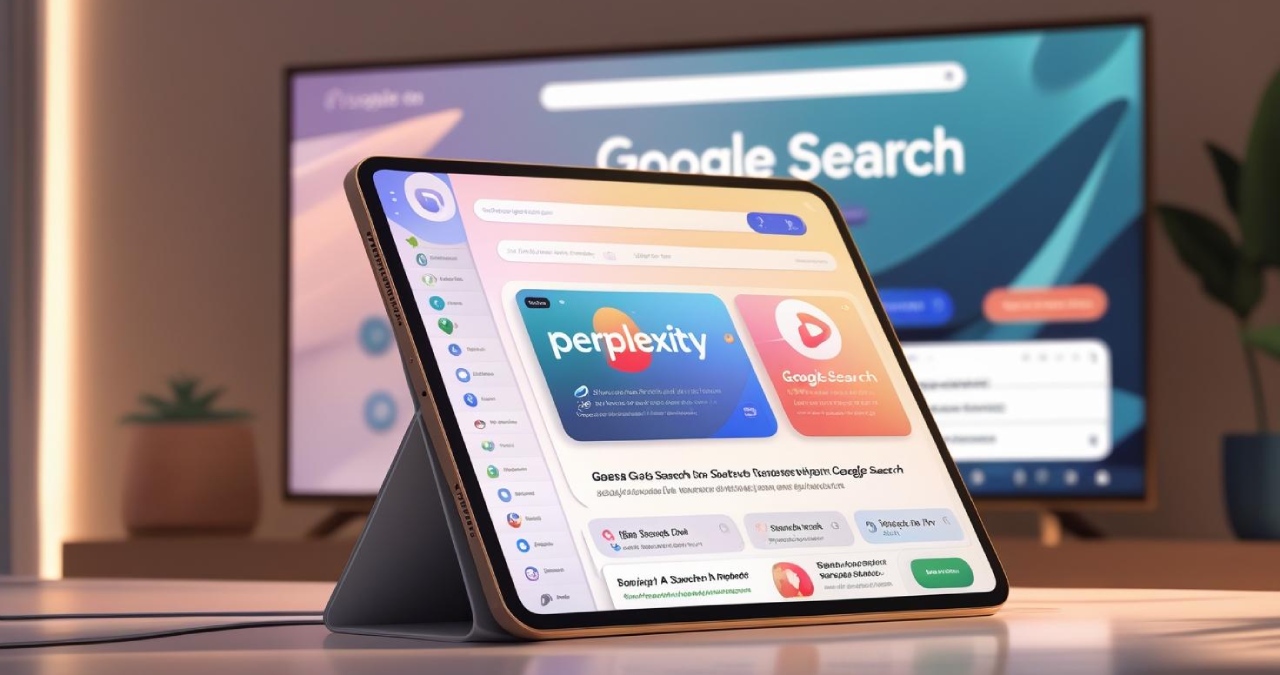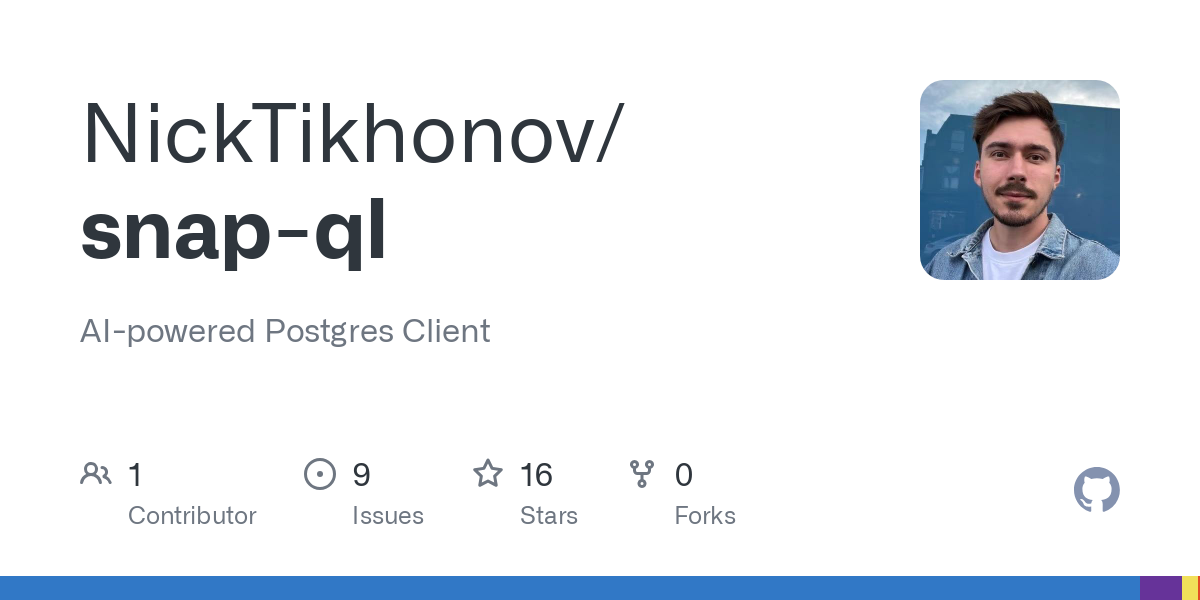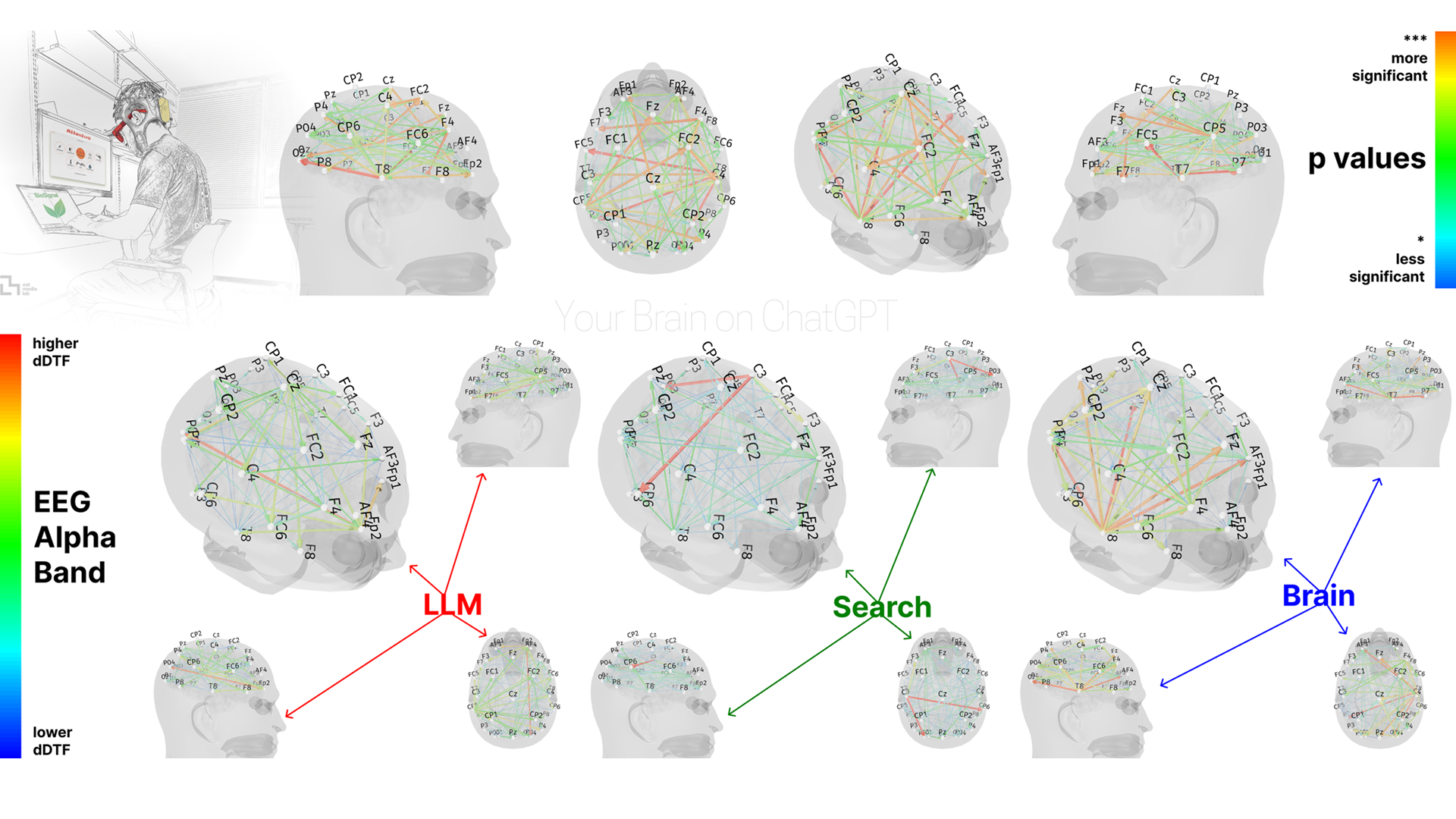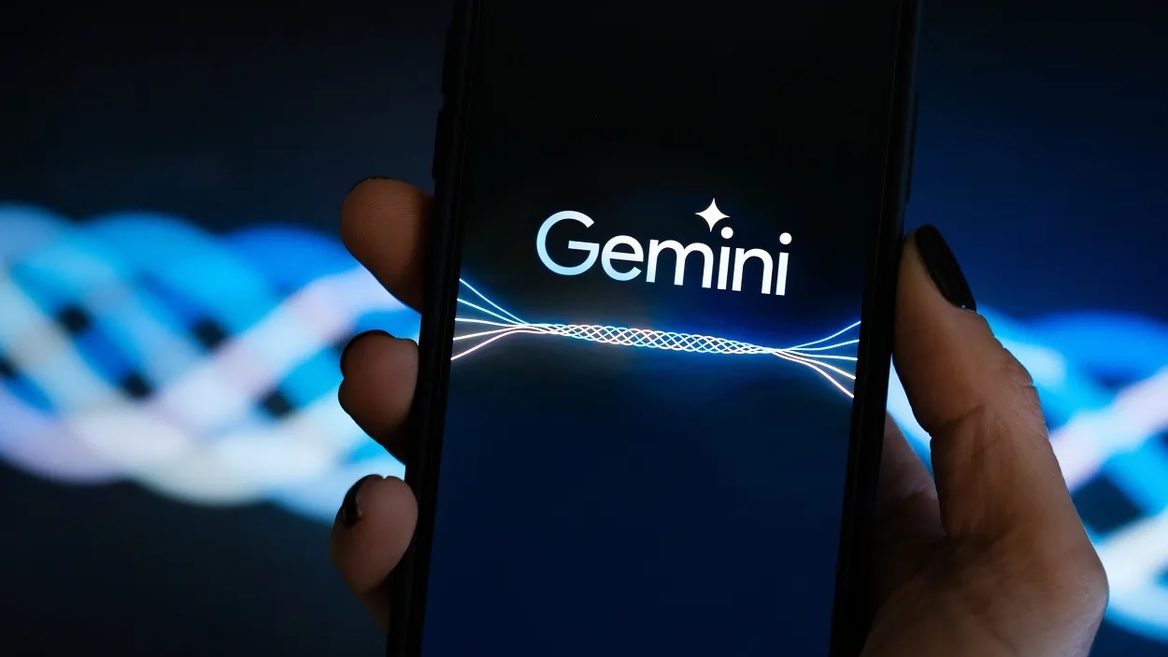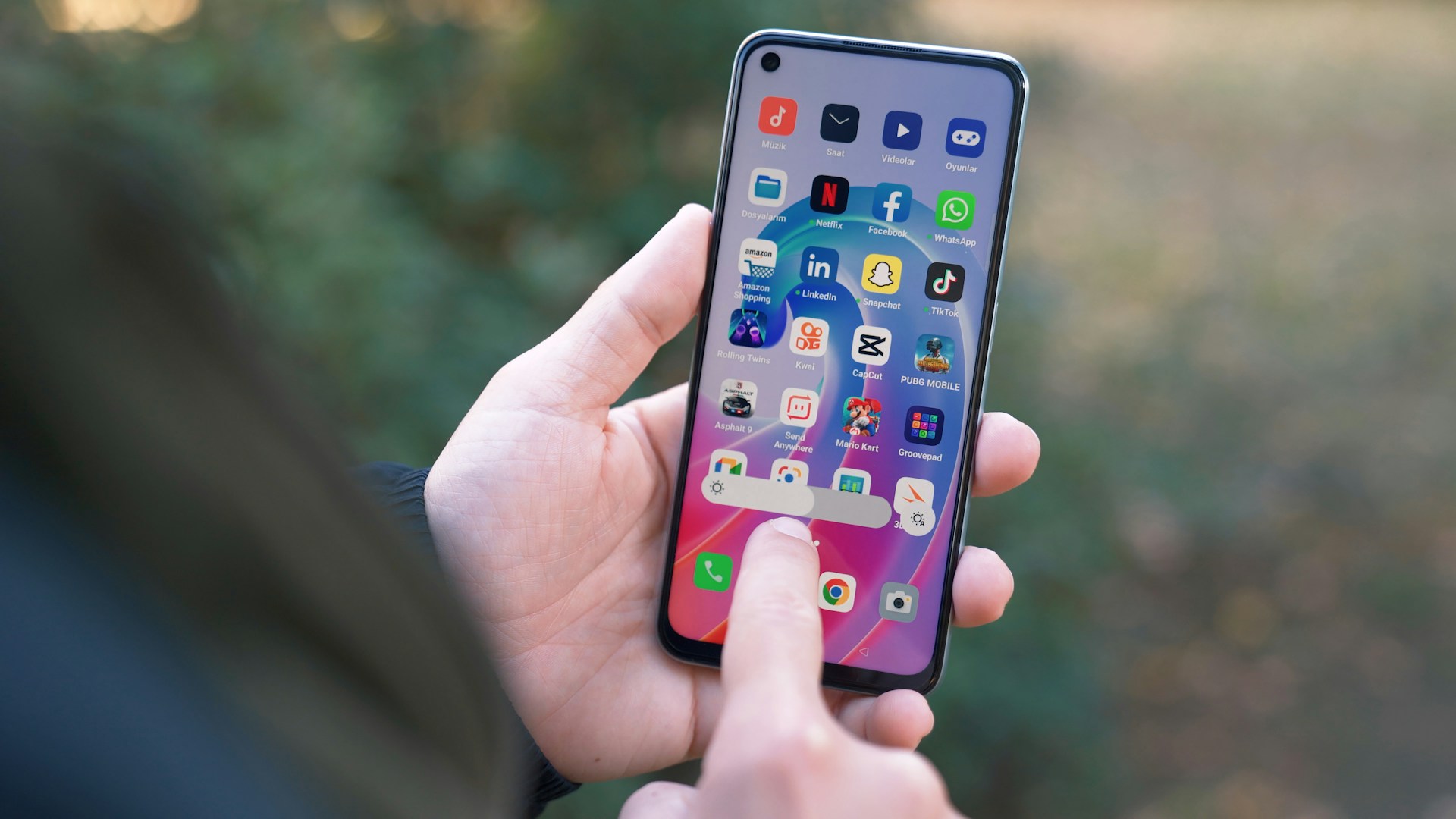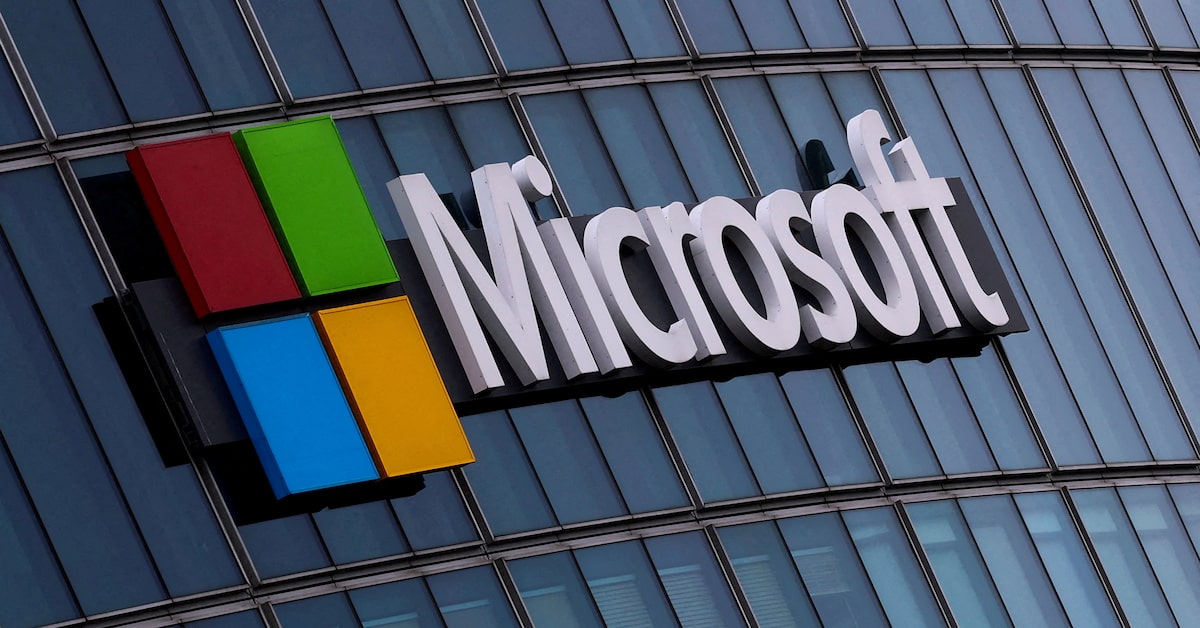Perplexity AI has launched an AI-driven video generation feature for its ‘Ask Perplexity’ users on X, quickly capturing user interest and prompting a surge in video requests on the platform. Users are tagging ‘Ask Perplexity’ for the creation of short, 8-second video clips that not only visualize their prompts but also include audio. The announcement sparked considerable enthusiasm, especially among Indian users, who shared imaginative video ideas, such as eating traditional foods like samosas and pani puri. Notable posts included requests for videos featuring various cuisines, showcasing the cultural flavor users wish to express. Founded in 2022 by a team including industry veterans and led by CEO Aravind Srinivas, Perplexity AI has rapidly gained recognition and is often referred to as a “Google Search Killer,” with a workforce of around 700 and an estimated valuation of $14 billion.
Source link
Perplexity AI Unveils Innovative Text-to-Video Tool on Elon Musk’s X, Sparking Surge of User Creativity
Discover SnapQL: An Open Source Desktop App for AI-Powered Postgres Queries
SnapQL is an open-source desktop application developed with Electron, enabling users to query Postgres databases using natural language. Its schema-aware feature eliminates the need for users to manually input their schema or draft intricate SQL queries. The application operates locally, ensuring that your OpenAI API key, data, and queries remain secure and private. Users can simply connect their database and describe their data requirements, and SnapQL automatically generates and executes the appropriate SQL commands, streamlining the querying process.
For further discussion, visit the comments section here.
Vivago 2.0: The Ultimate AI Tool Unlocking Creativity for Everyone
HiDream.ai has launched vivago 2.0, a comprehensive AI creative assistant available globally on web and mobile platforms. This tool integrates six core features designed to streamline the creative process. Users can easily generate artworks in various styles with just one click, and utilize an image-to-video function that transforms static visuals into dynamic videos with effects and music. The AI podcast generator allows users to create lip-synced podcast videos using uploaded portraits and voice recordings. With over 300 ready-to-use templates, vivago 2.0 facilitates fast production of professional-quality content. It fosters a vibrant creative community for users to share ideas and collaborate. Notably, vivago 2.0 has a “zero technical barrier,” enabling anyone, regardless of experience, to effortlessly bring their ideas to life. Suitable for a variety of use cases, from personal projects to commercial marketing, vivago 2.0 is positioned as an all-in-one tool for diverse creative needs.
Source link
Ultimate Guide to Optimizing for AI Search: A Comprehensive 4000-Word Resource
The article “AI Search Guide” on GetAirEfs provides an overview of AI-driven search technologies and their applications. It discusses the transformative impact of artificial intelligence on search functionality, enhancing user experience with improved accuracy and personalization. Key components like natural language processing (NLP), machine learning, and deep learning are highlighted for their roles in understanding user intent and context. The guide also explores AI’s ability to analyze vast datasets, making search engines more efficient and relevant. It emphasizes the importance of user data in refining search algorithms and encourages developers to adopt AI tools to optimize search capabilities. The article ultimately aims to equip readers with knowledge about leveraging AI in their search solutions, fostering a deeper understanding of evolving technologies in this space.
Source link
New Research Suggests AI Reduces Brain Activity: Are We Becoming Less Intelligent?
A recent study from MIT Media Lab suggests that using AI tools, like ChatGPT, may reduce brain activity and engagement levels in users. Researchers examined 54 students who wrote essays using their own cognitive abilities, a search engine, or AI assistance. The findings revealed that students who relied on their brains exhibited higher engagement and memory recall, while those using AI struggled with ownership and retention of their work. The study indicates that the cognitive impact of AI may depend on how it is utilized—whether as a substitute for thinking or as a supportive tool. Although concerns exist about AI making users “dumber,” the real issue may lie in users’ engagement levels. Instead of viewing AI as diminishing intelligence, it’s crucial to consider how we employ it. Thoughtful use can enhance productivity, allowing room for deeper thinking and creativity. Ultimately, fostering a symbiotic relationship with AI rather than outsourcing all mental effort is essential for maintaining cognitive sharpness.
Source link
Midjourney Unveils V1 AI Video Generation Model Amidst Disney’s Plagiarism Allegations
Midjourney, known for its surreal image generation tools, has launched V1, its first video-generation model. This development marks a significant venture into video production, enabling users to convert images into five-second clips, fueling competition with companies like OpenAI and Adobe. Currently accessible via Discord, V1 includes an “auto” mode for automatic motion and a “manual” mode for user-directed animations. While posting ambitious future goals for real-time simulations and 3D renderings, the video feature incurs higher costs, consuming eight times more credits than image generation. Basic subscribers can use V1, but unlimited access requires more expensive plans. Despite facing legal challenges, including lawsuits from Disney and Universal over potential copyright infringement, V1 maintains a strong surreal aesthetic, with users responding positively so far.
Source link
Gemini on Android Now Recognizes Music Using Google’s Song Search Feature
Google has introduced music recognition to its Gemini app on Android following months of criticism. The feature operates through a redirect to the Google Search interface rather than natively, making it more convenient than previous options. Earlier this year, Gemini couldn’t handle music recognition queries, urging users to resort to separate apps, while Google Assistant offered immediate recognition. Now, Gemini integrates with Song Search, providing a full-screen interface that listens for sounds and displays results if there’s a match. Despite this improvement, the feature isn’t built directly into the Gemini interface and still doesn’t support iOS users. Feedback from Android users highlighted the inadequacy of the Gemini app compared to Google Assistant, especially after its gradual rollout announcement; hence, the reintroduction of music recognition, albeit in a workaround, showcases Google’s responsiveness to user needs, even as full integration remains pending.
Source link
Gemini Android Unveils Innovative Song Search Feature: Hum to Instantly Identify Tunes
Google’s Gemini is rapidly evolving, introducing features that streamline daily tasks. A standout addition is the voice-activated Song Search, enabling users to identify tunes by humming, singing, or playing music. This functionality enhances Gemini’s existing AI assistant on Android, offering a familiar experience through a conversational interface. Users can activate Song Search by saying “What song is this?”, which triggers a full-screen mode that listens for audio and matches it against Google’s extensive music database. Results are displayed with confidence percentages, aiding quick identification for those with catchy tunes stuck in their heads. Though this feature mirrors the existing Song Search from the Google app, its integration into Gemini provides a more interactive experience. Currently, Song Search is exclusive to Gemini on Android, with no timeline for iOS availability, but updates suggest support for iOS may be forthcoming.
Source link
Microsoft and OpenAI Standoff: A Potential Cooldown for Capital Frenzy
Microsoft, under CEO Satya Nadella, is engaged in tense negotiations with OpenAI regarding their partnership amidst ongoing advancements in artificial intelligence. The negotiations could potentially reshape the future of their alliance, as Microsoft considers pulling out due to unsatisfactory terms. OpenAI’s CEO Sam Altman faces pressure to modify the company’s structure, which caps returns for investors, especially with a significant funding round on the horizon. Major sticking points in the discussions include revenue sharing, cloud exclusivity, access to intellectual property, and the ownership stake Microsoft would hold in OpenAI. While Microsoft has invested $13 billion in OpenAI since 2019, failure to reach an agreement may inadvertently introduce some constraints on the AI sector. As the market has already experienced a surge in generative AI funding, any slowdown imposed by this stalemate could ripple through the industry. Both companies maintain optimism about their long-term partnership despite the current impasse.
Source link
Building Scalable Infrastructure from Day One: A Crucial Strategy for AI Agent Startups | by Fendy Feng | Jun 2025
We’re in an AI golden age where small teams can achieve remarkable success. Companies like Cursor and Sakana AI exemplify this, reaching impressive valuations with minimal staff. However, the real challenge arises during rapid growth; many AI applications are designed to validate ideas quickly but falter under pressure when user bases surge. Key components that developers must focus on include robust memory systems, LLM for reasoning, and seamless tool integration. As LLMs have become commoditized, customer experience and agent memory infrastructure are critical for performance during spikes in usage. Poor infrastructure choices can result in significant technical debt and lost opportunities. Milvus, an open-source vector database, offers flexible options and advanced capabilities like multi-tenancy and hybrid search that enhance AI agents. Utilizing Milvus or its managed service, Zilliz Cloud, allows developers to focus on innovation without complexity, ensuring growth readiness in an evolving market.
Source link
